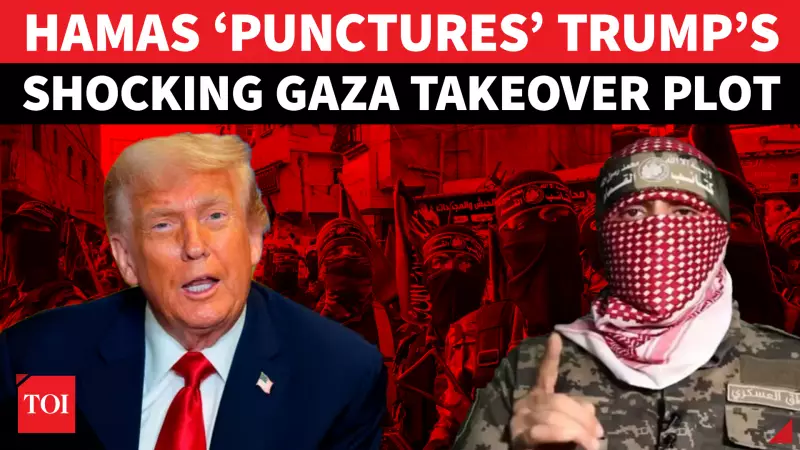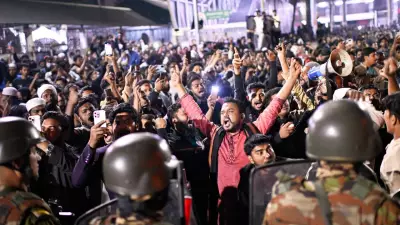
In a bold move that signals escalating tensions in the Middle East, Hamas has outright rejected a proposed United States deployment plan just days after former President Donald Trump revealed intentions to chair a board overseeing peace negotiations.
Defiant Stance Against International Intervention
The Palestinian militant group issued a strong statement dismissing the American proposal, emphasizing their unwavering position against foreign military presence in Gaza. This rejection comes as a significant setback to international efforts aimed at mediating the ongoing conflict.
"We will not allow any international forces to enter the Gaza Strip," declared a senior Hamas official, underscoring the group's commitment to Palestinian sovereignty. The statement further emphasized that "the Palestinian people alone have the right to determine their future and security arrangements."
Trump's Controversial Peace Initiative
The rejection follows Donald Trump's recent announcement about his plans to lead a peace negotiation board, marking his potential return to international diplomacy. The former president's proposal had already sparked controversy among Middle East analysts who questioned its feasibility given the complex geopolitical landscape.
Political observers note that Hamas's firm stance demonstrates the significant challenges facing any international peace initiative in the region. The group's leadership appears determined to maintain control over security arrangements in territories under their authority.
Regional Implications and Future Prospects
This development threatens to further complicate the already fragile ceasefire negotiations between Israel and Hamas. The rejection of US involvement suggests the militant group prefers regional mediators over Western powers in future peace talks.
Middle East experts suggest that Hamas's position reflects their strategic calculation to strengthen their political standing among Palestinians by resisting what they perceive as external imposition of security arrangements.
The international community now faces renewed challenges in finding acceptable mediators and frameworks for lasting peace in one of the world's most protracted conflicts.





